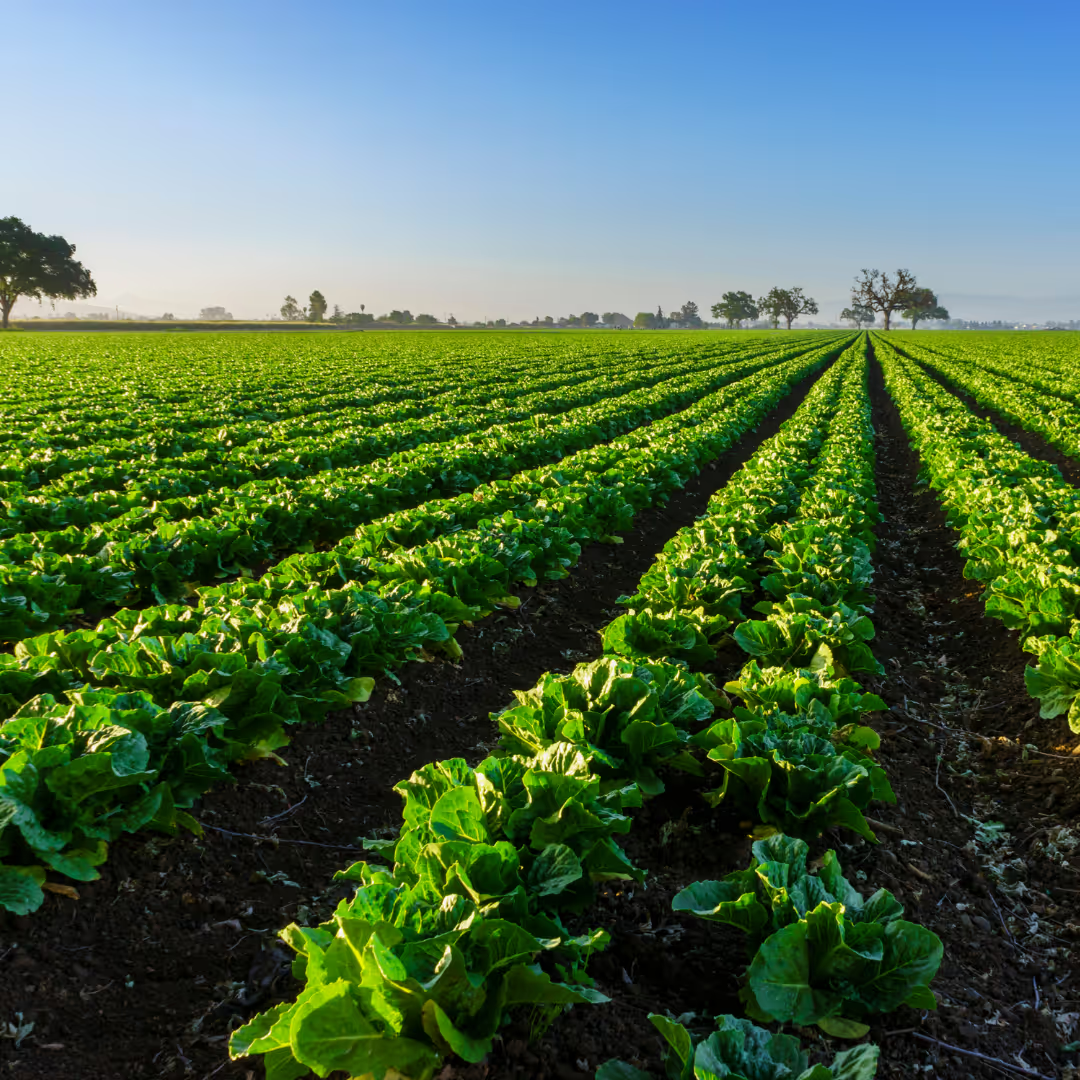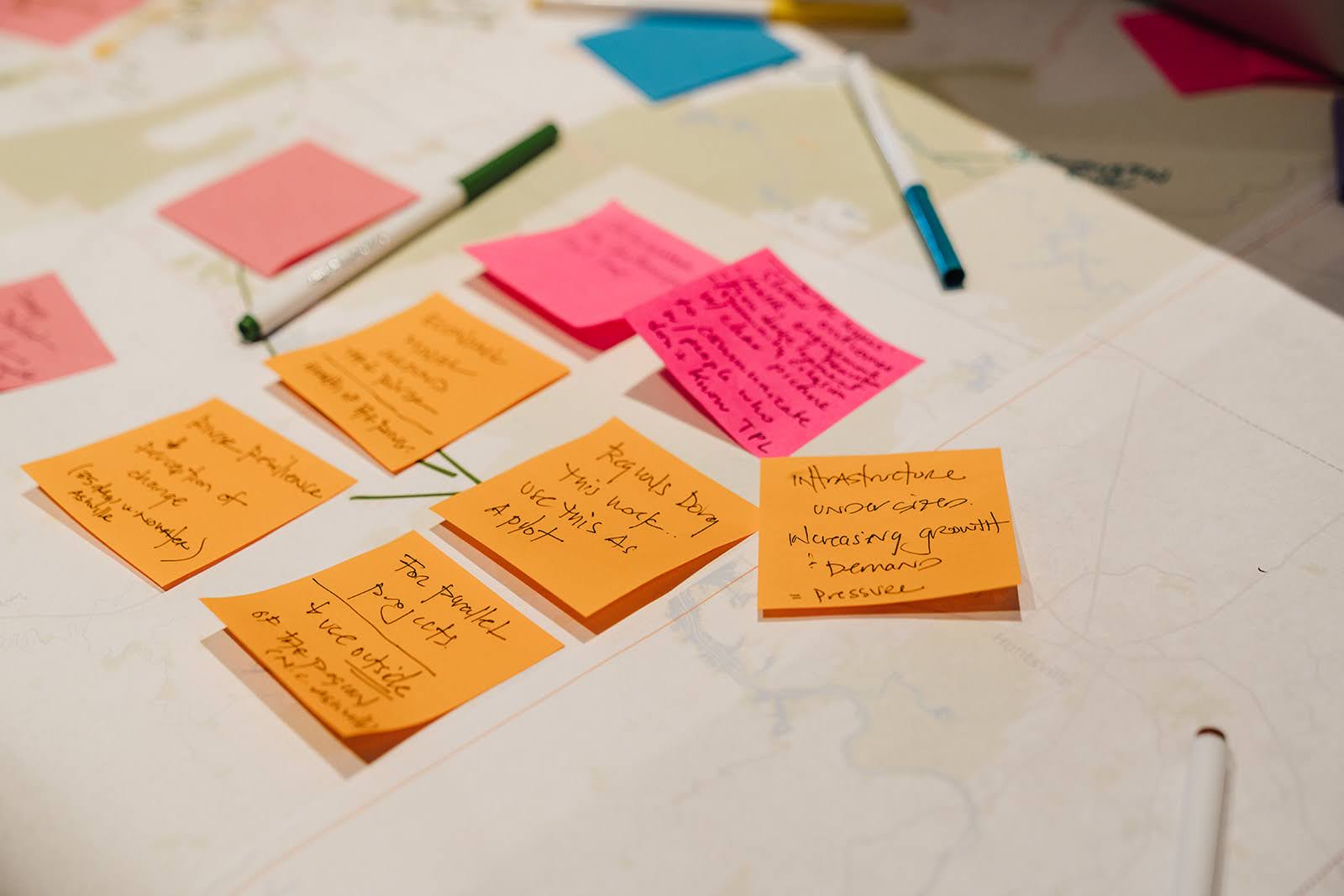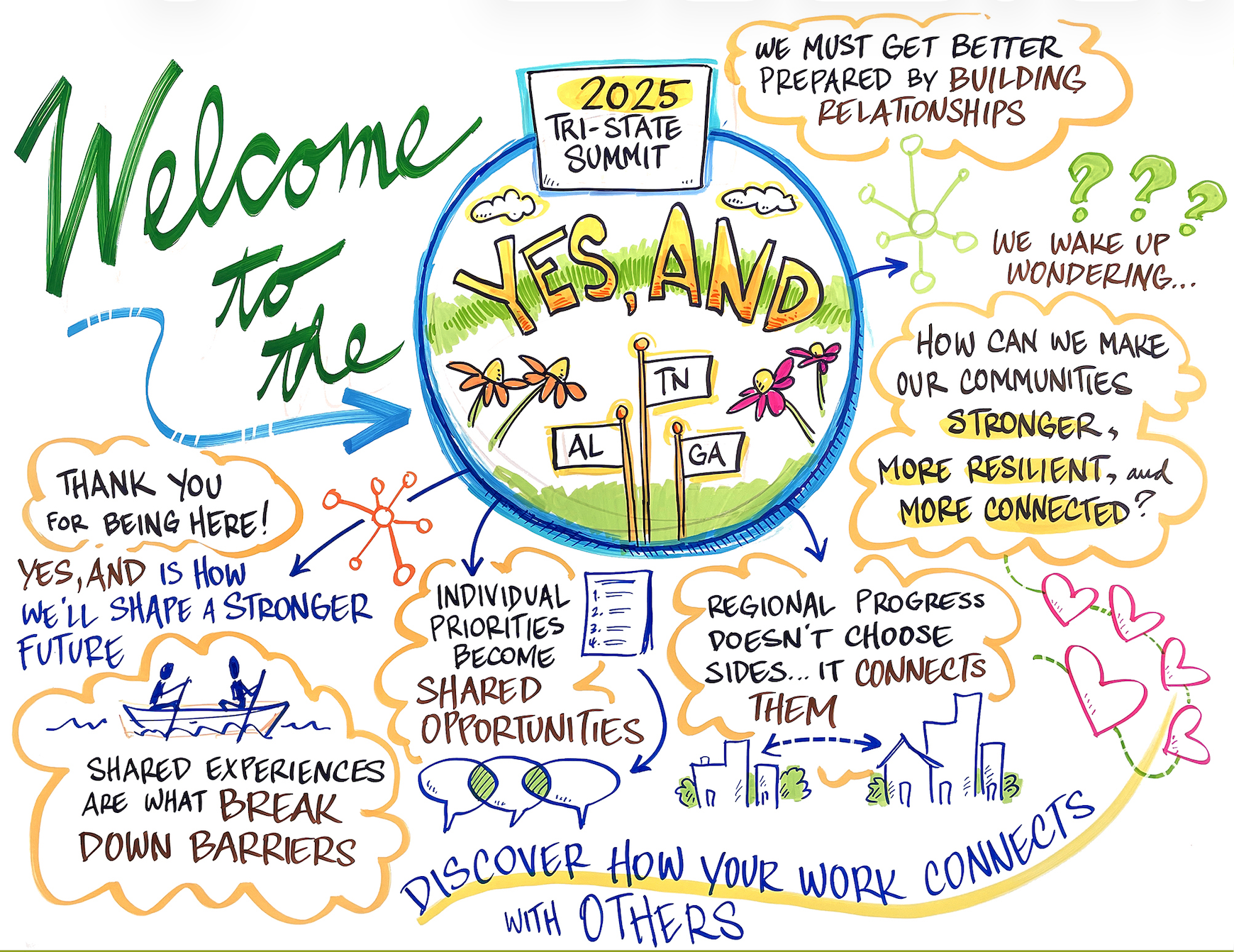News
Close to Home, Part 4: A Q&A About Digital Inclusion in Rhea County, TN

As we work to eliminate the digital divide that exists in the tri-state region, we are sharing a series of Q&A sessions with community leaders about the state of digital inclusion in their communities.
For this interview, we sat down with Michael Looby, who manages a sustainable farm in Rhea County, to learn about the digital divide in his community.
Q: How could your work benefit from being in a community where there was no digital divide?
A: My work could benefit from being in a community where there was no digital divide by allowing me to be home with my children while I work. Because of the lack of high-speed Internet at my home, I have to drive 20 to 25 minutes to a coffee shop in town to be able to use their Wi-Fi, which means I have to figure out a way to do client appointments which need a great deal of privacy in a public place.
Q: What are the next steps that need to be taken to address the digital divide in your community?
A: I was told that the reason that my ZIP Code doesn’t have high-speed Internet is that the supplying companies need enough people to sign up so that they would entertain whether they would take on the added expense to lay out the cable or fiber necessary to address our community’s lack of high-speed Internet.
Q: What is your community’s greatest digital need?
A: I believe my community’s greatest need is access to high-speed broadband.
Q: What would having total digital equality mean for your community?
A: Total digital equality for my community would mean that everyone would have access to affordable high-speed broadband.
Q: What opportunities would this present to its residents and industries?
A: I believe the residents of my community will have tons of opportunities opened up to them. For example, young people would have the capacity to create income for themselves through e-commerce or by being a social media content creator, etc., but now they are limited because they can’t upload significant content volume to the main social media platforms due to this limitation. Having access to high-speed broadband for this rural community would be a game-changer because it would allow them to operate on a level playing field to those counterparts they have in the bigger cities.
Q: How could this impact its economy?
A: The economic impact on my community would be immense. On a larger scale, companies would want to come to my community and set up shop. Currently, we are not an attractive location due to the digital divide.
Q: The pandemic has really highlighted the extreme digital equality issues we have in our communities. What are some of the most pressing digital issues that need to be addressed coming out of this pandemic?
A: The pandemic has really opened my eyes to the extreme digital issues that we are facing. I was born and raised in New York City, and from the very inception of the internet, as we know it (i.e. AOL 2.0), I’ve had access at my home in New York City. I moved to Chattanooga the “Gig City,” which has some of the fastest internet connections in the country, but my recent relocation to the rural community of Rhea County has shown me that not only is there no internet access or high-speed internet access here, but the affordability is an issue. Not the affordability of just the internet access itself, but the affordability for the residents of this county, because you have half the county that makes a decent income, a livable income, and the other half that doesn’t make enough money to be able to afford the devices that would be necessary to allow them to access the content that would be most valuable to them.
Q: What does a community without a digital divide look like in your eyes?
A: In my eyes, a community without a digital divide would address the issues of infrastructure (internet speed), inclusivity (affordability across the income ranges), and digital proficiency (basic web competence) of its residents as it pertains to broadband access.
You can find additional information about Digital Inclusion on the national digital inclusion alliance website.
We invite you to join us as we work to address the digital divide in counties and communities across the greater Chattanooga region, like Rhea County.
More Like This

Thrive Announces New Resource Hub for Community Development



